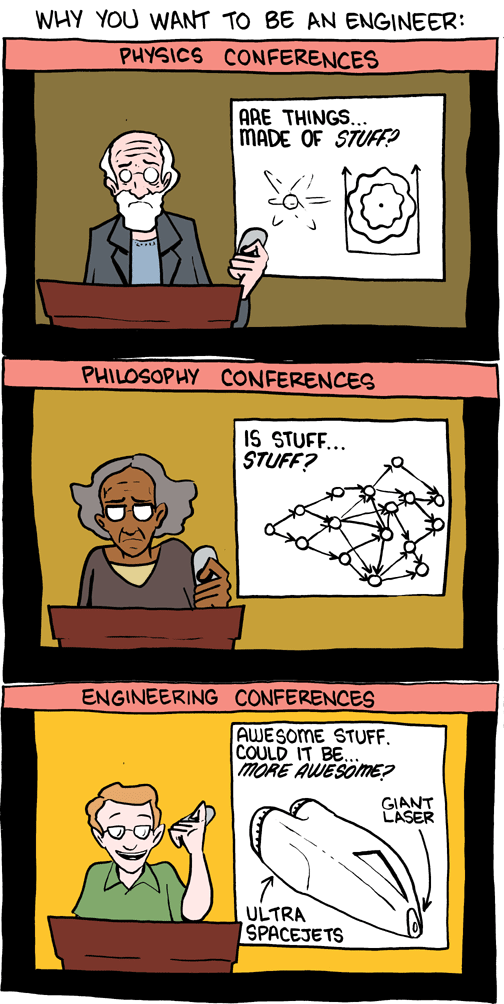
via Saturday morning Breakfast Cereal
Luke,
I have recently gone through this same phase of shame for liking Lady Gaga, but the song that snared me was Paparazzi. However, I have actually pushed through my shame and have come to embrace Lady Gaga and all her ridiculousness, and here's why:
Unlike so many of the other pop divas that have been hyped and marketed to the status of supercelebrity, I think that Stefani Germanotta (if not her Lady Gaga character) actually has some brains. First, she writes her own songs, which, superficial and overproduced as they may be, are actually carefully and cleverly crafted. Second, she has not always been Lady Gaga. It's a persona. She's thought about the Lady Gaga songs that she's written, and has designed a character to be the perfect subject for those songs. How much of this character has been created by her, and how much has been engineered by her managers? I'm not sure. I'd like to think that she is the sole creative force, but I'm sure that's not true.
Regardless, she has now become Lady Gaga not only on the stage, but in all facets of her public life. And that is what is most intriguing to me. I can think of three possible explanations for her transformation. 1: She has always been the fame addict that she portrays in her music. This celebrity status is where she always hoped her music career would lead. 2: Lady Gaga began as a joke, an experiment, but she has enjoyed her success so much that she has now embraced the lifestyle that she once lampooned. 3: Stefani Germanotta is still in the middle of creating a years-long piece of performance art: a satire of the United States' culture of celebrity worship.
I hope (and believe) that explanation number three is the correct one. Will anyone ever know for sure? I doubt it. Until I find out, I'll enjoy her distilled 180 proof pop, knowing that she has at least a spark of creative talent, and that she has not simply been chosen, engineered, and spoon-fed to me by a money-greedy record industry.